Grains & Seeds
Our Whole Grains and Seeds
The enthusiasm for baking with ancient grains and seeds has grown in recent years as consumers’ knowledge of the health benefits of our whole grains has expanded. We’re dedicated to sourcing only the highest quality ancient grains like quinoa, chia, teff, and Kañiwa. These are always non-GMO (regardless if the grain is conventional or organic) and are available in a variety of quantities for baking, food service, R&D professionals, chefs, bakeshops, large production facilities, private packaging, and private labeling for grocery and private distribution.
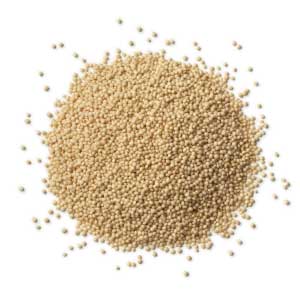
Amaranth Grain
Amaranth Grain is one of the smallest grains, and was one of the staple grains of the ancient Incas and is known as “kiwicha” in the Andes today. Amaranth is a prolific growing plant and is heralded as a “super grain” meaning it has all the amino acids your body needs. Amaranth contains about 30% more protein than most common cereal grains like wheat, oats, and rye. Amaranth also makes a nutrient-rich addition to bread, cakes, and cookies when popped. Besides protein, the Amaranth Grain provides a good source of dietary fiber, and minerals such as iron, magnesium, phosphorus, copper, and especially manganese.
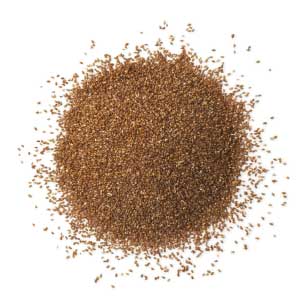
Teff
Teff is known as the tiny powerhouse believed to have originated in Ethiopia around 4000 BC. In Africa, it’s been reported that there are over 2,000 varieties. We only have two of those varieties here in America: red and white. In terms of size, it takes 150 of these seeds to equal the size of one grain of wheat! Though small in size, Teff is a nutritional powerhouse: one ounce of teff contains 2 grams of fiber (roughly 10% of your daily needs). It also serves as a great source of quality protein. Teff is reported to be higher in calcium, iron, copper, and zinc than any other grain too.

Quinoa
Quinoa is considered a grain and is also a complete protein that comes in black, red, and white varieties. Perhaps one of the most popular super grains, quinoa has a mild flavor when rinsed. Many health-conscious consumers use quinoa as a rice alternative. When cooked, quinoa is an excellent addition to tortillas. If you are milling quinoa grain into flour, be sure to use pre-rinsed varieties to avoid bitterness.

Chia
Chia seed comes in black and white varieties. Chia seeds are the highest plant source of omega-3 fatty acids, and they contain more fiber than flax seeds or nuts. Because of their natural ability to absorb immense amounts of liquid, chia seeds are an outstanding addition to your baked goods. They also can extend shelf life. The black varieties give excellent color contrast to cookies and crackers similar to a poppy seed.
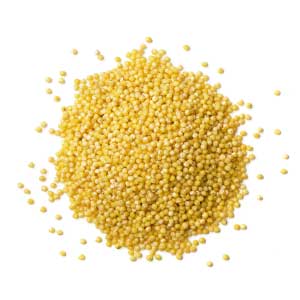
Millet
Millet is a grain that packs a nutritional punch of fiber and vitamins along with a nutty texture.
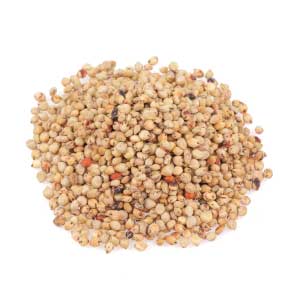
Sorghum
Sorghum is a complete protein. It is your go-to in the production of a mild versatile flour for gluten-free baking. Sorghum is popular among pastry chefs to add lightness to baked goods like cakes and cookies. It is also used in the production of molasses-like syrup.
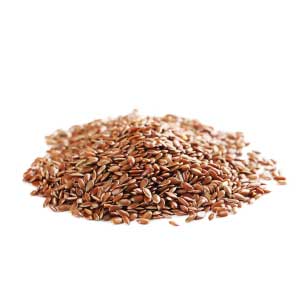
Flax Seed
Flax Seed is high in plant-sourced omega-3 fatty acids and is an excellent source of fiber. It is a nutty-flavored seed and is often used to add texture and flavor to bread, cookies, muffins, and pastries.
Ready to be your business partner!
Get in touch with our sales team today for more information

